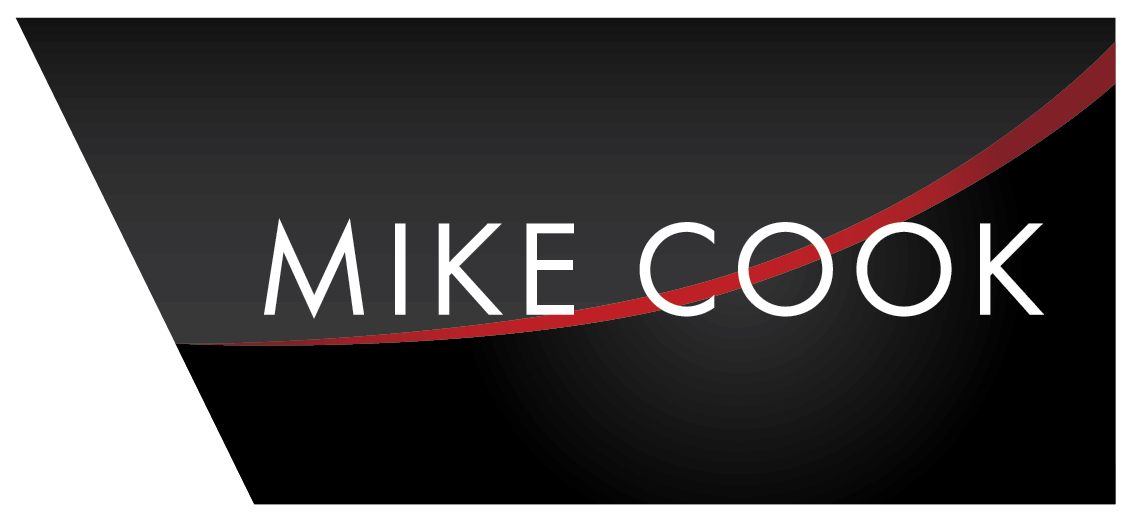The Collaborative Paradox
We now live in a world of completely distributed information. Decisions that have to go through a traditional approval structures will no longer be made in time. Organizations facing stiffening competition must address a compelling need to let go of many traditional management controls that slow decision making and paralyze their intentions to become innovative organizations.
However, are your management ranks and workforces ready for authority to be distributed and can they develop and sustain the levels of collaboration that will need to replace traditional controls?
In a recent survey 80% of CEO’s identified idea sharing as the single most important element of innovation – and yet only 16% said they had the right culture to do it. Another survey of top global marketers revealed that 86% of them agreed that partnerships were the most important element of innovation – only 21% felt they We call this ‘The Collaborative Paradox’: there is an increasing demand for innovation, which is driven by smarter relationships, not necessarily smarter people – but due to a lack of internal and external collaboration skills, there is often a failure to innovate.
This presentation will examine some of the questions that will need to be addressed as organizations begin the quest for “Developing a Collaborative IQ”
The questions to be considered:
- Why traditional management is no longer sufficient and is now the problem
- What is collaboration really?
- Why has it always been so hard?
- Will hierarchies have to go?
- Is your workforce capable of collaborating on a sustained basis?
- What can OD do the lead the way?
